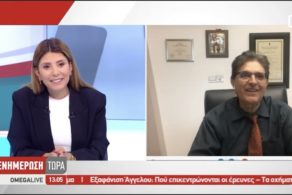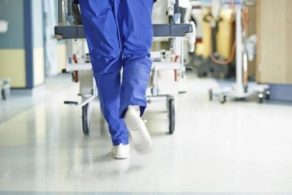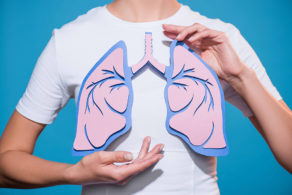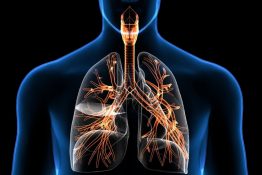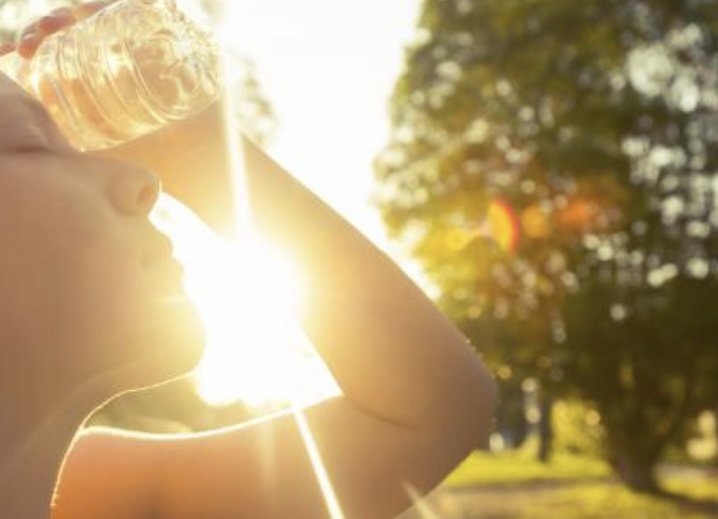
How to protect your heart and brain from the summer heat
Summer holidays are, with no doubt, the most exciting and most favorable break amongst all ages. It is easy to get charmed by the gentle breeze or the welcoming ocean waves, and even easier to forget about the dangers lurking behind the scenes. The intense heat, humidity and countless more health-threatening conditions are being overlooked by the public, and that is the reason why the medical community must highlight these threats now.
For starters, long exposure to the sun could potentially cause and trigger all kinds of cardiovascular events, from myocardial infarction to stroke. In addition, it can increase the risk of heart failure and arrhythmias can occur in perfectly healthy people with no records of such illness and worsen in people with one.
THE RISK FOR CARDIOVASCULAR AND STROKE SHOULD BE TAKEN SERIOUSLY!
- In 2020 a CDC report stated that cardiovascular problems were severely increased within the hottest summer days, followed by a Heatstroke. A 2017 analysis by the American Heart Association concluded that high temperatures are directly linked to ischemic strokes.
- People with cardiovascular disease, hypertension, a history of stroke and obesity are at a much higher risk of having heat-related problems. That is, they are much more susceptible to heat exposure than healthy people.
- It is also important to know that people with diabetes are much more vulnerable to exposure of high temperatures, especially if they are accompanied by high humidity in the environment. The thermoregulatory mechanisms of such people may not meet the needs of their body in such a warm and humid environment.
ALWAYS REMEMBER:
The first signs of sunburn may appear as headache, dizziness, weakness, nausea. The skin is usually cold and clammy.
In such cases:
- We should immediately move to the shade and get out of the heat.
- Use wet clothes to lower the temperature, take liquids and if this is not enough, we need to consult our doctor.
- In case of a heat stroke, the above symptoms are more intense and are accompanied by tachycardia, strong and rapid pulse, temperature above 39 degrees, red dry, and warm skin. This is a condition that requires emergency medical treatment.
- Also, during this period, we must consume sufficient amounts of fluids and electrolytes and avoid the use of alcohol, since alcohol worsens dehydration.
- Using air conditioners and even fans along with spraying water on our body is very helpful.
- Caution for those taking medication during heat conditions should consult their doctor if they need to adjust their medication and how.
- Avoid heavy meals, spices, and lots of fat.
- Avoid walking around in the middle of the day and dress in light, light-colored clothing.
- If you have to exercise, don’t do it at lunchtime and outdoors. Use indoors with good ventilation and low temperature.




